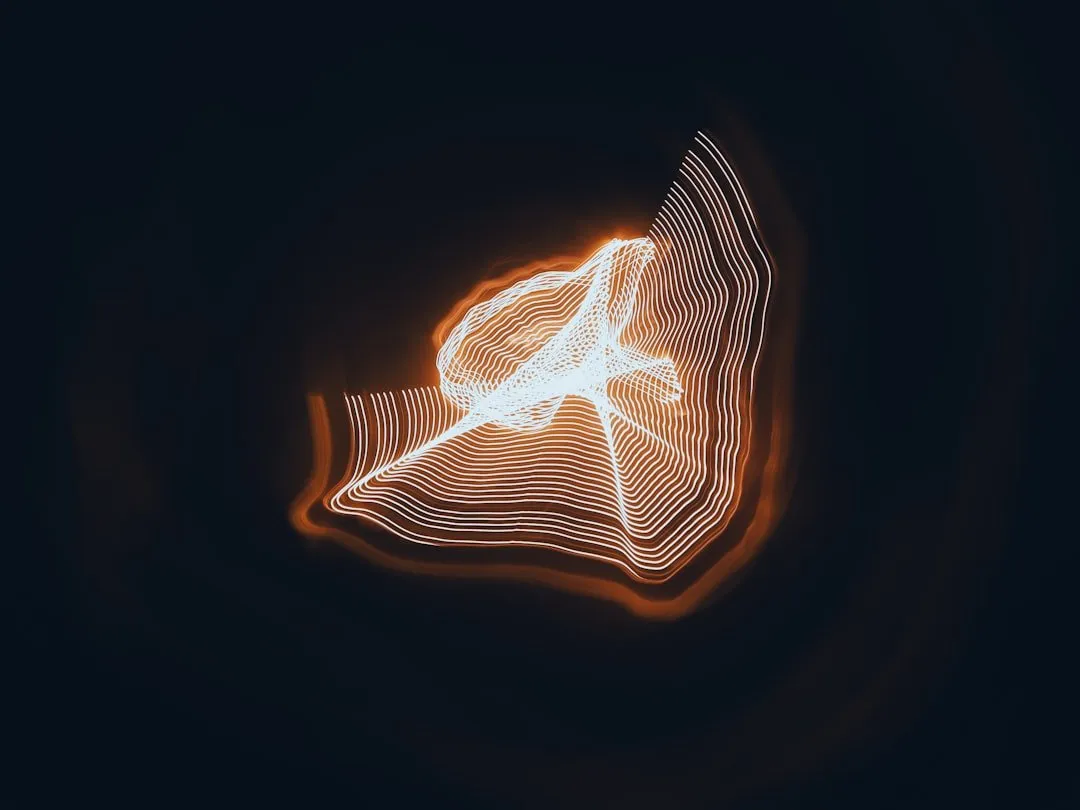Red Borneo Kratom, known for its analgesic and anti-anxiety properties, can lead to insomnia due to its interaction with opioid receptors. While some users report improved sleep, higher doses or regular consumption may disrupt sleep patterns. Responsible kratom use, including mindful dosage and strain selection, is crucial to avoid adverse effects on sleep and prevent insomnia. Adjusting dosage or exploring alternatives may help if insomnia occurs while taking kratom.
“Uncover the secrets of Red Borneo Kratom Capsules, a popular choice for those seeking natural solutions. This comprehensive guide delves into the potent effects of this herbal supplement, focusing on its impact on sleep patterns. While many wonder, ‘Does kratom cause insomnia?’, we explore the intricate relationship between these two elements. Learn how Red Borneo Kratom can both aid and disrupt sleep, offering insights into managing sleep disorders effectively while highlighting potential risks, especially regarding insomnia.”
- Red Borneo Kratom: A Comprehensive Overview
- The Effect of Kratom on Sleep Patterns
- Insomnia and Kratom: Understanding the Connection
Red Borneo Kratom: A Comprehensive Overview

Red Borneo Kratom is a renowned variety of this popular herb, known for its unique properties and profound effects. Derived from the Mitragyna speciosa plant, which thrives in Southeast Asia, it has gained worldwide recognition among users seeking natural solutions for various ailments. The ‘Red’ in its name refers to the distinct red-hued veins that run through each leaf, offering a visual distinction from other kratom strains.
This particular strain is celebrated for its potent yet balanced effects, making it a favorite among experienced kratom enthusiasts. Users often report experiencing a soothing sense of calm without the drowsiness sometimes associated with kratom. Interestingly, while Red Borneo Kratom is widely used for its potential analgesic and anti-anxiety properties, it’s essential to note that excessive consumption or misuse may lead to side effects, including disrupted sleep patterns and insomnia. Therefore, responsible usage and understanding dosage are crucial when considering this natural alternative for well-being.
The Effect of Kratom on Sleep Patterns

Kratom, derived from the leaves of the Mitragyna speciosa plant, has gained popularity for its potential therapeutic effects, including its impact on sleep. While many users report improved sleep quality and enhanced rest, there is a growing concern about whether kratom can cause insomnia in certain individuals. The effect of kratom on sleep patterns is complex and depends on various factors, such as the specific strain, dosage, and personal tolerance.
The plant’s active compounds interact with opioid receptors in the brain, which can lead to sedative effects for some users. This interaction may result in deeper and more restful sleep initially. However, regular or higher doses could potentially disrupt these patterns, leading to difficulty falling asleep or staying asleep, thus triggering insomnia. It’s essential to understand that individual responses vary, and responsible kratom use, including mindful dosage and strain selection, is crucial to avoid adverse effects on sleep.
Insomnia and Kratom: Understanding the Connection

Kratom, derived from the leaves of the Mitragyna speciosa plant, has gained popularity for its various effects, both medicinal and recreational. While it is known to offer pain relief and anxiety reduction, a lesser-discussed side effect is its potential impact on sleep patterns, particularly insomnia. Despite many users claiming its calming properties, kratom’s complex composition of alkaloids can disrupt natural sleep cycles.
The connection between kratom consumption and insomnia lies in the plant’s ability to interact with opioid receptors in the brain. This interaction may lead to increased alertness and difficulty falling asleep or staying asleep. Users experiencing insomnia while taking kratom should consider adjusting their dosage, timing of consumption, or exploring alternative treatments for their specific needs.
Red Borneo Kratom, known for its potent effects, can significantly impact sleep patterns. While it may provide temporary relief from fatigue, extensive use could lead to disrupted sleep and even contribute to insomnia. Understanding the connection between kratom consumption and sleep disturbances is crucial, especially as “does kratom cause insomnia?” remains a relevant concern among users. Navigating the balance between reaping its benefits and avoiding adverse effects requires careful consideration and professional guidance.














